Find an advisor
The advisors must be selected among the 4 recruiting universities, AMU, UAM, SUR and ULB. Co-advisors must be selected among the 10 universities listed on the Partner Universities section (recruiting universities + associated universities).
It is not mandatory to select an advisor from this database; this search tool is meant as an assistance to candidates, but you may contact potential advisors from the four recruiting universities who are not on this list. Please visit the research centers links.
Note that for AMU and ULB, only one contact person per research institute is listed, who will assist you in finding a supervisor that matches your research subject. Use the CIVIS3i contact form to request assistance.
When contacting a potential advisor, CIVIS3i recommends that you present yourself, attach your CV including links to your online academic profiles (which should be updated), indicate what is the reason for your contact, the fellowship programme name (mention it is a Horizon 2020 Marie Skłodowska-Curie Actions COFUND programme) and website, your tentative title and an abstract if you have one ready, and why do you think this researcher is the best fit for your project. Add also what is required from the advisor (eg, contribution to the proposal preparation, typical postdoctoral supervision, duties during the fellowship such as progress reports, etc). You may indicate that if this researcher is currently not available to supervise you, you’d be grateful if she/he could recommended colleagues suitable to supervise your research. Kindly ask for a reply and indicate the maximum reply date ("please kindly reply by XXX"). Please translate the email into the language of the country (eg, French if you are contacting a researcher from AMU) and include also the English text at the end of the message.

